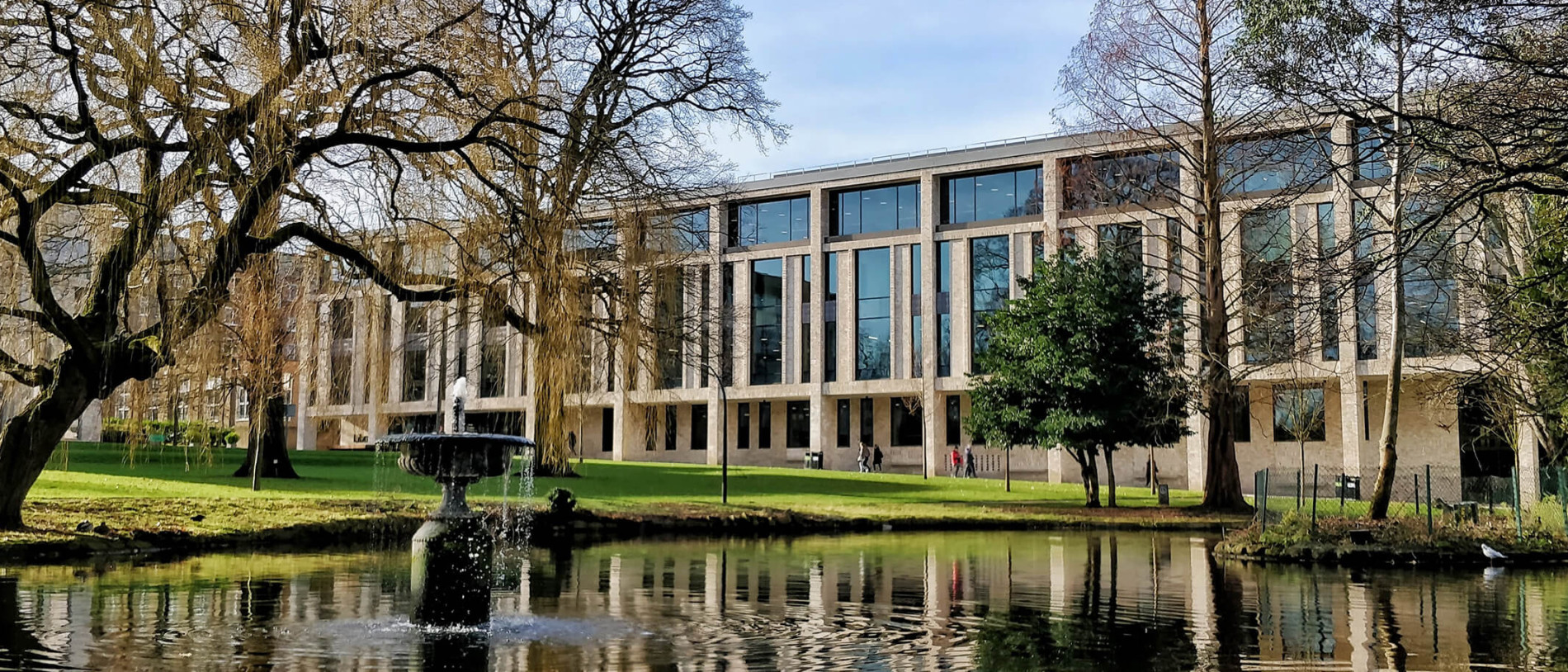

University of Roehampton (London)
Integrative Counselling and Psychotherapy for Children, Adolescents and Families
Study detals
: Master's degree : MA (Hons) Integrative Counselling and Psychotherapy for Children, Adolescents and Families : Part-time : 36 MonthRequirements
Entry requirements
Roehampton English Language Test
- Postgraduate degrees - mapped to IELTs scores
TOEFL IBT
- Postgraduate degrees - 89 overall with a minimum of 17 in listening and writing, 18 in reading and 20 in speaking
IELTS Academic
· Postgraduate degrees – 6.5 overall with a minimum 5.5 in each component
Cambridge Advanced Certificate
- Postgraduate degrees - 176 overall with a minimum 162 in each component (some schools require a minimum of 169 in each)
Cambridge Proficiency Certificate
- Postgraduate degrees - 176 overall with a minimum 162 in each component (some schools require a minimum of 169 in each)
All applicants that require a Tier 4 visa must also meet the minimum English Language requirements before we can issue a Certificate of Acceptance for Study (CAS) that is needed to apply for a Tier 4 visa.
Academic requirements
Along with a complete application, EU and international applicants are required to submit various supporting documents. These include:
- Academic qualifications (certificate and transcript)
- Valid English language qualification
- Personal statement
- Two references
Speciality
There aren’t any pathways available
Additional information
Degree Overview
This three year part-time postgraduate degree is designed to provide you with the skills, knowledge and expertise necessary to have a positive impact on children and young people’s emotional and psychological health, as well as their overall development. The programme is designed to support your development as a therapeutic practitioner able to work one-to-one with child and adolescent clients who present with diverse psychological issues in a variety of settings including both mainstream and special education, child and adolescent mental health services (CAMHS) as well as youth and community support services. You will develop the skills necessary to be critically reflective about your own developing practice, along with an enquiring attitude to theory, research and evidence-based practice in complex areas of therapeutic work with children, adolescents and their families. The programme is based around an integrative approach to therapeutic interventions with children and adolescents, incorporating aspects from three main therapeutic and theoretical traditions; humanistic, psychodynamic and cognitive-behavioural. We take a developmental approach to thinking about the client, as we explore the developing world of the infant and growing child from a variety of important perspectives, including that of attachment theory, psychoanalytic theory as well as neuro-biological and systemic lenses. You will be encouraged to explore psychological processes and experiences from these different perspectives, and recognise the theoretical, personal and cultural assumptions which influence your own thoughts and work as a practitioner. This programme includes a focus on both Rogserian child-centred and psychodynamic perspectives and integrates these within a framework for understanding psychological and mental growth. Throughout the programme, you will develop a high level of awareness of self and the demands of the therapeutic process. This will be achieved through your own personal therapy and via small group practice-based learning parallel to the practice placements. You will be taught by experts in the field who lead on cutting-edge research projects and who have excellent links to school based counselling and child and adolescent psychopathology underpinned by our leading research. As well as cognitive and reflective skills, you will also learn practical ways of working with your clients in a therapeutic relationship to address conscious and unconscious needs and produce a change in emotional and cognitive processes and behaviour. This involves integrating complex and advanced skills, and responding creatively to complex, novel and unpredictable situations. This three year part-time postgraduate degree includes an infant observation in the first year. Based on the Tavistock model of child observation where the primary focus is on the experientially developing your capacity to become a receptive observer, you will be expected to complete twenty hours of observation in your first year. You will gain an in-depth understanding of the role of play in child development and as a therapeutic metaphor in order to develop an understanding of the child-centred theory and non-directive Play Therapy skills through which to engage with a child, to develop a therapeutic relationship and to help the child to make sense of difficult life experiences. In year two, you will focus on working with primary school age children and will focus on a non-directive play-based therapy approach. As well as attending classes at the university, students will spend at least one day per week on placement. Your placement will be a supervised clinical placement in which you will gain the necessary skills to become a competent practitioner. Placements will be offered in a variety of suitable settings. You will be expected to complete a minimum of sixty hours of client work under qualified supervision. In year three, you will see a change in focus to an integrative approach in working with adolescents, together with an introduction to cognitive-behavioural therapy and a research project.
Study Reasons
- You who will be able to work with child and adolescent clients one-to-one, in a variety of settings including primary and secondary schools, children’s hospitals and children’s and adolescent’s mental health (CAMHS).
- This programme provides a clinical training in counselling and psychotherapy for children, adolescents and their families. Those successfully completing the MA will be eligible to apply for individual practitioner registration with BACP as counsellors/psychotherapists working with children, adolescents and families.